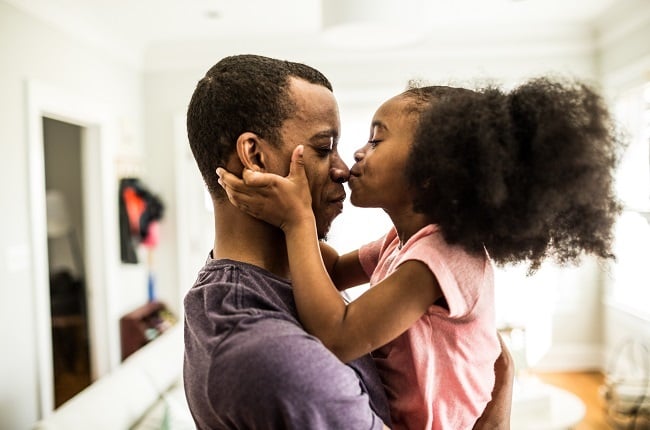
Statistics South Africa unpacked alarming trends that have an impact on children's education and well-being.
In a report released in February, StatsSA revealed that most "children in South Africa live in non-standard family structures with mostly one of their biological parents."
The research, which was conducted in 2018, revealed that a majority of families had twice as many children living with their mothers compared to those living with their biological fathers (76% and 36,4%, respectively).
Among the various population groups in South Africa, only 31.7% of Black children are raised with their biological fathers at home. This is compared to compared to 51.3% coloured children, 86.1% Indian or Asian children and 80.2% of white children.
Black children between the ages 0-17 years old were the least likely to stay with their biological fathers, compared to their peers of other racial groups.
Across all four races, the stats show that between 74% and 92 % of these children stay with their mothers.
Read: What is Single Parent's Day, and why should we care?
Absent fathers across borders
Stats SA broke down the percentage of children staying with their fathers across the nine provinces over the period 2014 to 2018.
The key findings were that Mpumalanga, Limpopo, Gauteng and Northern Cape had a slight increase in children who stay with their biological fathers.
The North West province presented the most significant percentage point decline of 6.1% between 2014 and 2018, where fathers stayed with their biological children.
The Western Cape had the highest percentage of homes where children stayed with their fathers in 2018, unlike the Eastern Cape, which had the lowest percentage at only 24.9%.
Also read: 'Where's my Dad?' How to explain a father's absence to children
A crisis of missing fathers
These figures are important to know, because studies have shown that fatherless children suffer more than their peers who have a father figure at home. They are at greater risk of academic and social struggles.
A study by Shinn concluded that "whenever a father was absent or used to interact scarcely with his children, an increased association with poor performance in cognitive tests would occur."
Recently Parent24 also revealed that single parenthood is problematic as it puts the financial and psychological strain on one parent, which can harm the child. Even though children who are raised by single parents are resilient, some may suffer from anxiety.
Chatback:
Share your stories and questions with us via email at chatback@parent24.com. Anonymous contributions are welcome.
Don't miss a story!
For a weekly wrap of our latest parenting news and advice sign up to our free Friday Parent24 newsletter.




 Publications
Publications
 Partners
Partners











